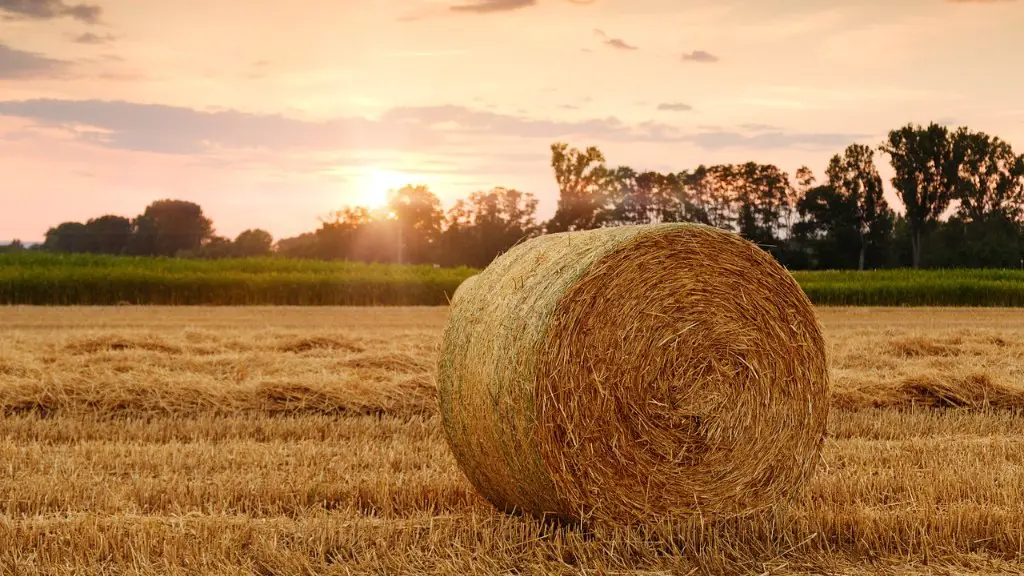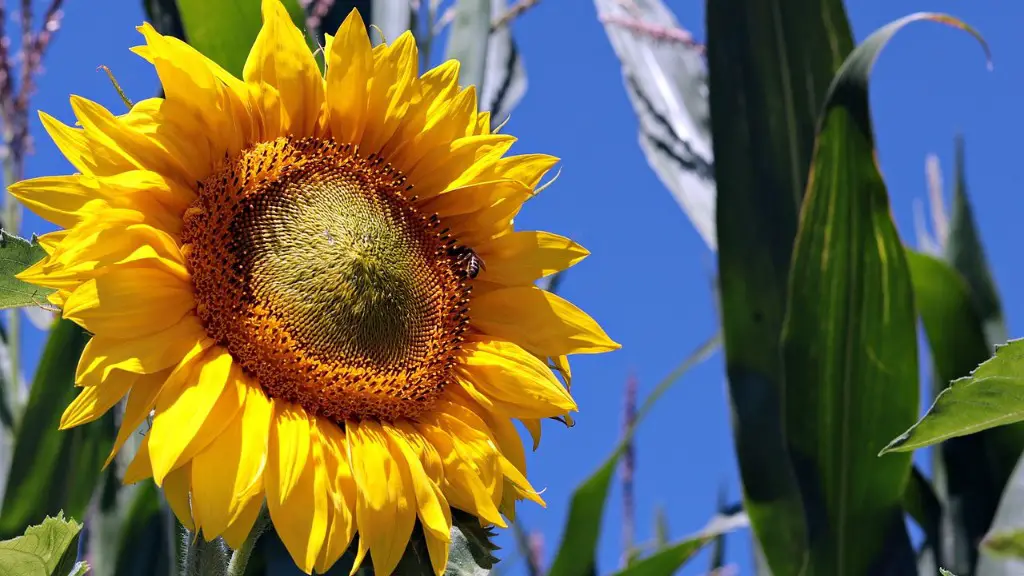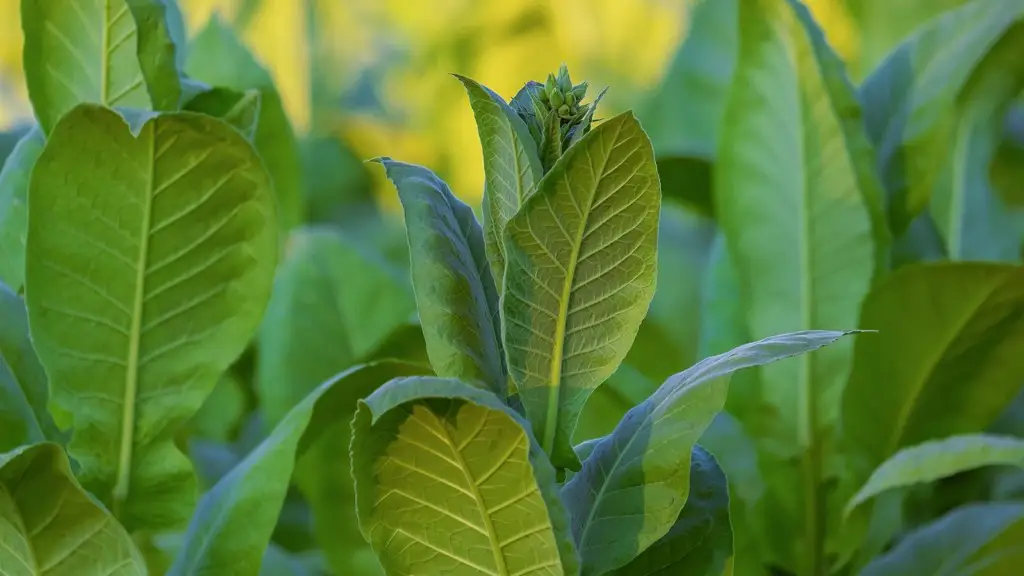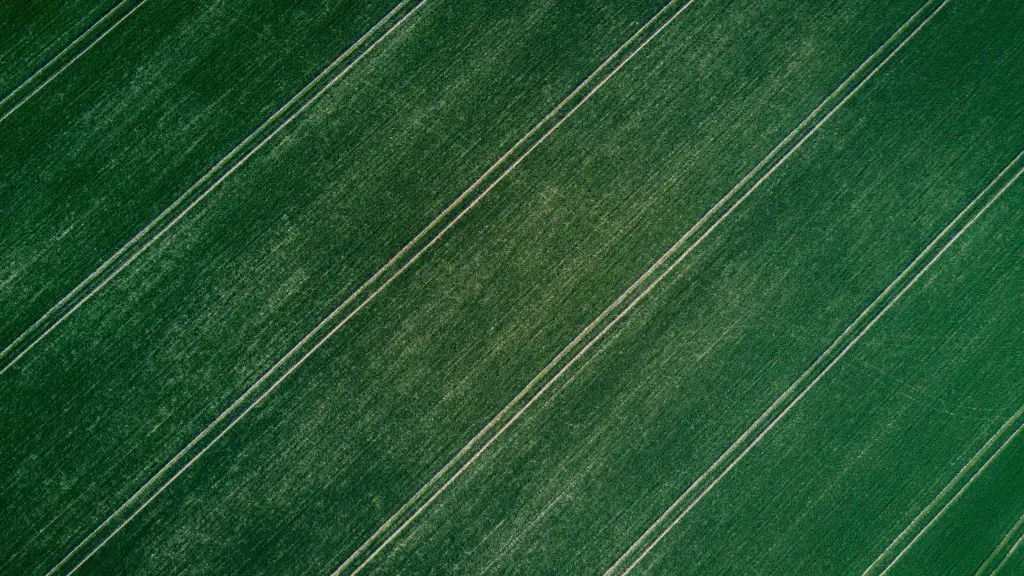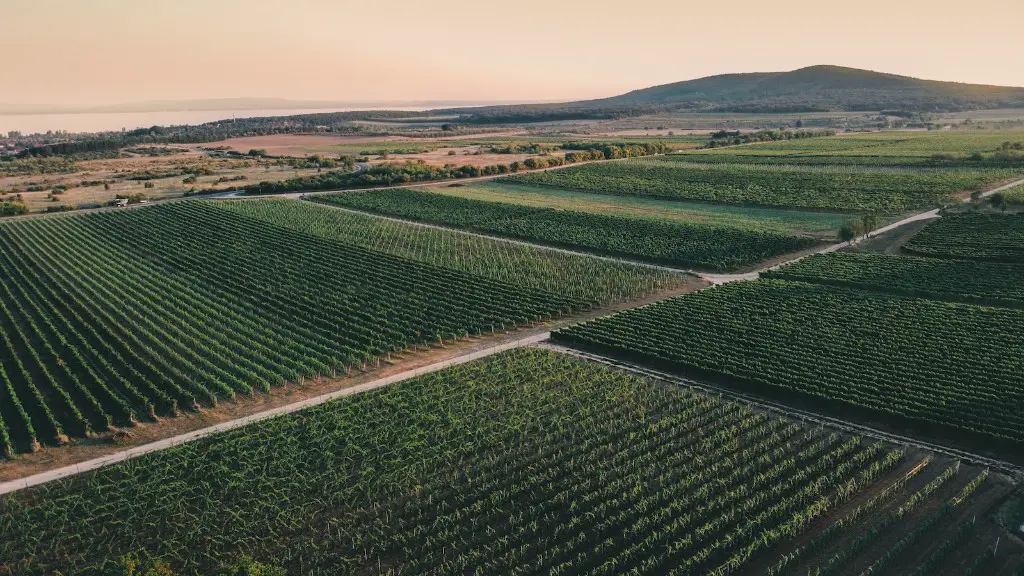In the United States, agriculture is responsible for producing the vast majority of our food. The items we buy at the grocery store are all products of agriculture. Even the coffee we drink and the cotton in our clothes come from agricultural products.
Every day, we rely on agriculture to provide us with the food we need to survive. Agriculture affects our lives in many ways, from the clothes we wear to the food we eat. Without agriculture, we would not have the same abundance of food and other resources that we do today.
Agriculture has a profound impact on our everyday lives, supplying the food we eat, the clothes we wear, and the fuel we use. It also provides the raw materials for many of the products we rely on, from medicines to building materials. Agriculture also plays a key role in the economy, providing jobs for millions of people around the world.
How does agriculture change people’s lives?
The invention of agriculture was a major turning point in human history. For the first time, people were able to produce enough food to support themselves and their families without having to migrate to their food source. This allowed them to build permanent structures and develop villages, towns, and eventually even cities. The close connection between the rise of settled societies and the increase in population is one of the most important factors in human history.
1. Food: Agriculture provides the food we eat on a daily basis.
2. Fuel: Agricultural products are used to produce fuel for our cars and other vehicles.
3. Textiles: Many of our clothes are made from agricultural products like cotton.
4. Sports: Several sports require equipment made from agricultural products, like soccer balls.
5. The Economy: Agriculture is a vital part of many countries’ economies.
6. Personal Care Products: Many personal care products, like shampoo, contain agricultural ingredients.
7. Entertainment: Agriculture plays a role in many forms of entertainment, like movies and video games.
What impact does agriculture have on humans
Farmers have an increased prevalence of many acute and chronic health conditions including cardiovascular and respiratory disease, arthritis, skin cancer, hearing loss, and amputations. Other health outcomes have been little studied in the agricultural workplace, such as stress and adverse reproductive outcomes.
Agriculture’s share of the overall US economy has grown significantly over the past few years. In 2021, agriculture, food, and related industries contributed roughly $1264 trillion to US gross domestic product (GDP), a 54-percent share. The output of America’s farms contributed $1647 billion of this sum—about 07 percent of US GDP. This is a significant increase from previous years, and it is expected that this trend will continue.
What are 3 reasons why agriculture is important?
Agriculture is the main source of food, fuel, and fiber for the world. It is also the largest employer in the world, with over 1.3 billion people employed in agriculture, forestry, and fishing.
Here are 10 reasons why agriculture is important:
1. It’s the main source of raw materials.
2. It’s important to international trade.
3. It plays a big role in a nation’s revenue.
4. It provides employment.
5. It’s crucial to a country’s development.
6. It can help heal the environment.
7. It goes hand-in-hand with war.
8. It’s a way of life for many people.
9. It’s an important part of the economy.
10. It’s a necessary part of human existence.
Agriculture plays an important role in the economy, and is considered to be the backbone of the economic system for developing countries. For decades, agriculture has been related to the production of vital food crops. The present era of farming contains dairy, fruit, forestry, poultry, beekeeping and more.
What is the positive impact of agriculture?
Agriculture has the potential to both positively and negatively impact the environment. On the positive side, agriculture can trap greenhouse gases within crops and soils, or mitigate flood risks through the adoption of certain farming practices. However, agriculture can also lead to pollution and degradation of soil, water, and air. Therefore, it is important to consider both the positive and negative impacts of agriculture when making decisions about its role in the environment.
Other industries that require raw materials from agriculture includePaper industry – for pulp and paper products
Food processing industry – for processed food products
Oilseeds industry – for vegetable oils
Rubber industry – for latex
Textiles industry – for natural fibers
The list goes on, as almost all industries require some form of raw material that originates from agriculture.
How will your life be impacted if there is no agriculture
If there are no farmers, the health ratio of people will decrease, and the chances of getting sick will increase. It affects the economy of every country. In this modern world, food is available by the grace of farmers. Farmers are always an essential part of our society and economy.
agriculture is the main source of raw materials for many industries, such as cotton and jute fabric, sugar, tobacco, edible and non-edible oils. Other industries that rely heavily on agriculture for raw materials include processing of fruits and vegetables, and rice husking. Agriculture is essential for these industries to function, and without it, they would not be able to produce the products they do.
How important is agriculture in today’s society?
The importance of agriculture cannot be overstated. It provides food, clothing, and shelter for people around the world. Agriculture also helps people to enjoy a higher quality of life.
Agriculture affects the environment in many ways. It can lead to soil erosion, water pollution, climate change, and deforestation. While some of these effects are negative, agriculture can also have positive effects on the environment. For example, agriculture can help to improve soil quality and provide habitat for wildlife.
Why is agriculture important in simple words
Agriculture plays a major role in economic growth and development. As the provider of food, it is a cornerstone of human existence. As a furnisher of industrial raw materials, it is an important contributor to economic activity in other sectors of the economy.
There are many pros and cons to agriculture. On the one hand, agriculture provides a lot of food for people. It is also generally less dangerous than hunting, since people do not have to worry about being attacked by predators. On the other hand, there can be conflicts over access to the food supply, and weather can damage crops.
Overall, agriculture has led to some positive outcomes for human society. Specialization has allowed humans to become experts in various fields, such as art, leadership, and writing. The domestication of wheat, corn, and rice has also made it possible for people to grow these crops on a large scale. Ultimately, agriculture has lead to the creation of civilizations.
What are the most importance of agriculture?
Agriculture can help reduce poverty, raise incomes and improve food security for 80% of the world’s poor, who live in rural areas and work mainly in farming. The World Bank Group is a leading financier of agriculture, with a committed portfolio of US$21.3 billion in 2015. We are working to increase financing for agriculture and rural development, promote sustainable agricultural practices, and build the resilience of small-scale farmers and rural communities. We are also working to improve the targeting of safety nets and social protection programs to ensure that they reach the most vulnerable people.
There are a lot of estimates for how many people could live sustainably on Earth, without harming the environment. The most likely answer is something between 2 million and 20 million, as without agriculture, we would be restricted to a semi-nomadic lifestyle. What is certain is that in such a world, with no domesticated livestock, there would be millions more elephants and hundreds of thousands more lions, tigers and whales. While this might sound like a utopia for some, it is important to remember that in such a world, humans would have to compete with all these other animals for food and resources.
Small and fragmented land holdings is one of the main problems faced by Indian agriculture. There is an estimated 131 million agricultural households in India, with an average landholding of just 1.1 hectares. A large majority of these households are subsistence farmers, with meagre incomes and little access to resources and technology. This results in low productivity and incomes, and makes farmers vulnerable to shocks.
Seeds, manures, fertilisers and biocides are expensive and often not accessible to small farmers. Similarly, irrigation is often not available or affordable. Lack of mechanisation also results in low productivity. Soil erosion is another major problem, as it reduces the fertility of the soil and lowers productivity. Agricultural marketing is also a challenge, as farmers often do not have access to markets and are not able to get fair prices for their produce. Scarcity of capital is another constraint, as farmers often do not have the resources to invest in inputs or technology.
1. Agriculture is the source of the food supply.
2. It is a major source of clothing.
3. Provision of Raw Materials for Industries
4. Agriculture Creates Jobs Opportunities/Employment
5. It contributes to the Gross Domestic Product (GDP)
6. Agriculture Contributes to Foreign Exchange Earnings
7. Improvement in living standards
8. Improvement of health conditions
9. Helps in poverty alleviation
10. Helps in attaining food security
Conclusion
Agriculture plays a vital role in our everyday lives. It is the foundation of the food we eat, the fiber for our clothing, and the fuel for our transportation. Agriculture also provides many other benefits, such as environmental services, economic development, and social cohesion.
The way we farm and the crops we grow have a profound effect on our every day lives. The food we eat, the clothes we wear, and the products we use are all impacted by agriculture. By understanding how agriculture affects our daily lives, we can better appreciate the importance of this essential industry.
